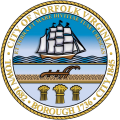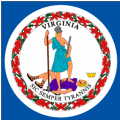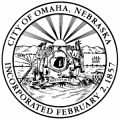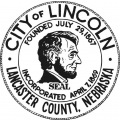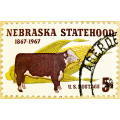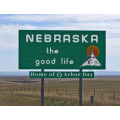The first step in becoming a nurse is understanding the different nursing roles and their corresponding education requirements. Aspiring nurses in Norfolk, Virginia, can pursue one of three common nursing roles: certified nursing assistant (CNA), licensed practical nurse (LPN), or registered nurse (RN).
CNA overview
A master of science in nursing (MSN) degree enables experienced registered nurses (RNs) to enter advanced fields such as clinical nursing leadership, nursing administration, nursing education, or family practice nursing. At least a dozen Virginia universities offer accredited MSN programs. As an example, The University of Virginia offers MSN degrees in specialized nursing fields like adult gerontology, acute care, and psychiatric and mental health.
For our 2024 rankings of prelicensure BSN programs, the research team at Nursing Schools Almanac compiled an extensive database of student performance on the National Council Licensure Examination for Registered Nurses (NCLEX-RN). Aspiring registered nurses in the United States must pass this examination before they may commence practice. Thus, student performance on the NCLEX-RN exam provides an excellent benchmark for comparing the relative quality of bachelor’s degree programs.
Omaha, Nebraska, has the largest nursing workforce in the state. Almost 20,000 nurses work in the Omaha metropolitan area, and this population is expected to increase at a faster-than-average pace for the next decade. Omaha’s new nursing graduates can expect plenty of job opportunities.
Certified nursing assistants (CNAs)
There are numerous opportunities for aspiring nurses in the Nebraska healthcare system. The Lincoln metropolitan area has 7,000 licensed nursing professionals who fill three critical roles: certified nursing assistant (CNA), licensed practical nurse (LPN), and registered nurse (RN). Nursing employment is expected to grow at a faster pace than average over the next decade.
CNA programs and career overview
In Nebraska’s competitive nursing industry, a master of science in nursing (MSN) degree is a critical differentiator. Employers often favor nurses with an MSN degree in their hiring and promotion decisions, particularly for senior positions. Several Nebraska colleges offer MSN programs, including Nebraska Wesleyan University in Lincoln, Creighton University in Omaha, and the University of Nebraska Medical Center campus in both cities.
Registered nurses (RNs) are an important part of America’s healthcare system, and they are therefore in high demand nationwide. Students who wish to enter this gratifying field often pursue a bachelor of science in nursing (BSN). Indeed, many healthcare employers prefer to hire nurses with a BSN degree, particularly for administrative and managerial positions. BSN graduates earn higher salaries and enjoy more opportunities for career advancement than their counterparts with an associate’s degree in nursing (ADN).
Overview of BSN pathways
An associate’s degree in nursing (ADN) can prepare aspiring registered nurses (RNs) for the National Council Licensure Examination (NCLEX) and for many positons in the medical arena. A typical ADN program requires two years of study; alternative programs with night or weekend classes may take a bit longer to complete. Coursework includes the liberal arts, nursing practice, anatomy, chemistry, physiology, psychology, nutrition, and contemporary ethical dilemmas. The state of Nebraska has approximately ten accredited ADN programs.
The Springfield, Missouri, metropolitan area is home to 10,000 licensed nursing professionals. Local nurses typically serve in one of three roles: certified nursing assistant (CNA), licensed practical nurse (LPN), or registered nurse (RN). Earn role carries a unique set of training and examination requirements.
Certified nursing assistant
Registered nurses (RNs) can use graduate study to hone their skills in a specialized field of practice. Missouri has at least 15 colleges and universities that offer a master of science in nursing (MSN) degree program. This course of study prepares candidates for advanced positions in nursing administration, nursing education, family practice nursing, and numerous other specializations.
Overview of MSN programs

